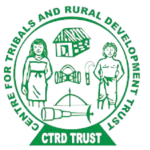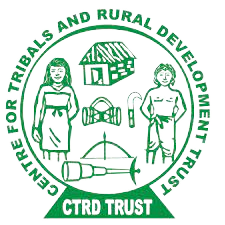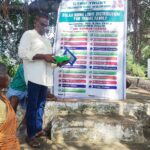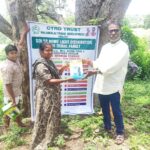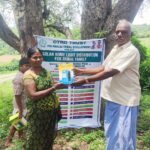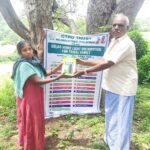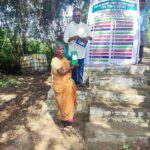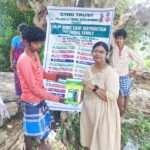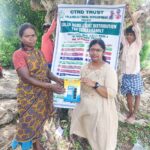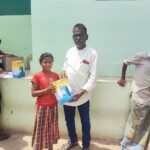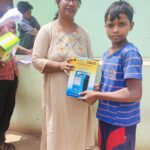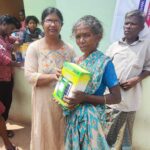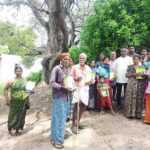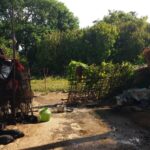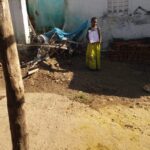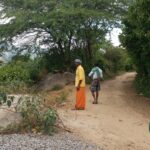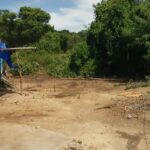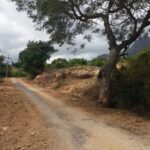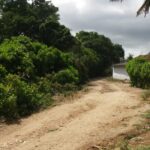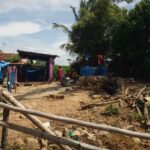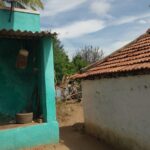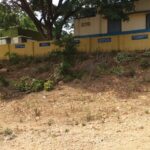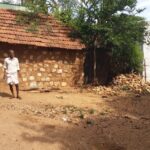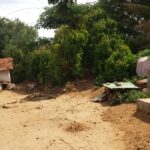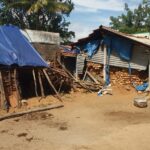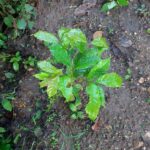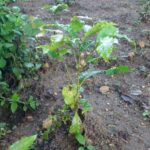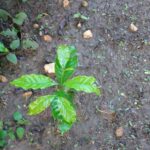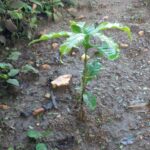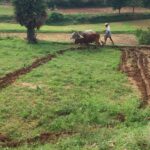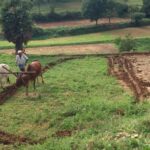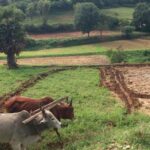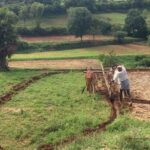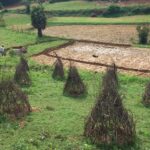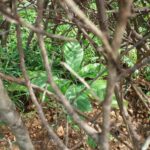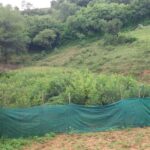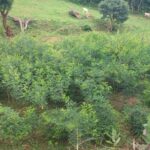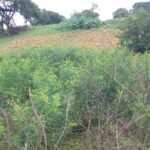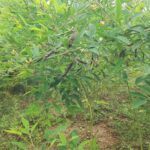Project details

Palamalai tribal area is located in the Kurudi Hills part of the Western Ghats which is home to many Particularly Vulnerable Tribal Groups(PVTG’s). Palamalai is at an elevation of 900 Meters above sea level in Coimbatore District of Tamilnadu. Palamalai has been home for several centuries to the “IRULA” tribal community. Palamalai has seven tribal villages resided by the Irula community.
Background
Open Defecation
It takes a lot of communal effort to achieve the status of sanitized society. Open defecation is a threat to public health and safety, and it undermines people’s social economic wellbeing. We spotted seven hamlets to intervene for making open defecation free.Due to open defecation in the dark there are animal conflicts. There are strong gender impacts connected with a lack of adequate sanitation.Lack of privacy has an especially large effect on the safety and sense of dignity of women and girls in villages. They face the shame of having to urinate or defecate in public so they often wait until nightfall to relieve themselves. They risk being attacked by animals and reptiles after dark, though it means painfully holding their bladder and bowels all day and which in turn results in long term chronic diseases. Open air defectaion has a direct affect on the contamination of drinking water sources of the villages which is a huge threat to health and sanitaion situation of the villages.
Un-Developed Agricultural Land
Acres of agricultural land are not cultivated in seven tribal villages due to the human elephant conflict which has a direct effect on the livelihood of the community. Since, Palamalai is at the elevation of 900 mts and situated in western Ghats, coffee can be planted in the agricultural land the altitude and the temperature suit the need for the growth of the coffee crop and its very safe with elephants. Elephants doesn’t eat or damage the coffee plants since they don’t like the bitter taste. Coffee is a very good cash crop and has good internal and export market.
Health Care for Women and Children
Through the survey we understood the health care awareness among women and children are inadequate. We have planned to provide health services both at curative and preventive level and awareness to promote good health practices and positive health seeking behaviour through the health education, generating health awareness for the adolescent girls, importance of nutrition among Antenatal care and Postnatal care for women.
Preserving Biodiversity and protecting Environment by installing clean renewable energy alternatives such as Biogas units
The tribal families completely depend on firewood as fuel for their houses for cooking, boiling water and for keeping themselves warm. On an average one family uses 30kgs of firewood per day which sums up to 900 kgs per month. Trees are cut for fire wood purpose which leads to mass deforestation which ultimately effects the ecology, climate change, less rain fall, soil erosion and habitat depletion. Conflict between Forestry department and local communities is quite common in the region due to deforestation.
Socio- Economic burden: Often its women and children who get involved in firewood collection. They spend an hour in the morning and in the evening for collecting twigs and dead branches which is drudgery. Women and children are in huge risk of encountering wildlife attack during the time they collect firewood in the jungle. Asiatic elephants and venomous snakes are quite commonly seen in these jungles. Children’s miss their schools and drop out issues are quite common. If the family, choose to buy fire wood from the local market it would cost them about 5000 rupees on an average.
Emission of Carbon Di-oxide: A household uses about 900kgs of firewood per month which emits a metric ton worth of carbon dioxide. Which plays a vital role in climate change related issues. Plenty of smoke is emitted from firewood while cooking especially during monsoon the firewood is wet and emits huge amount of smoke which causes health hazards such as aggravates lung disease, increases risk of asthma attacks, causes acute bronchitis commonly among the women and children since they are involved in cooking.
Biogas Units: As an alternative energy biogas plant can be installed, the beneficiaries are having sufficient land and each beneficiary are having more than five cows. The benefits of biogas are well recognized it has resulted that the emission of carbon dioxide to the atmosphere has been reduced, smoke free and ash free kitchen, so women and children are no longer prone to respiratory infection and can look forward for healthier lives. Women are spared from the burden of gathering firewood which is burnt as fuel. The sludge remaining after digestion in the bio gas plant is rich in valuable nutrients and can be used as top quality fertilizer. Greenhouse gas emission is controlled. The livelihood of the target community will be uplifted by selling the milk and manure and by saving the money from buying the firewood during monsoon.
Solar light:The tribal villages are located in the centre of a mountainous forest and power cuts are frequent due to heavy rains and remote locality. Solar lights will replace kerosene lamps and provide better luminous and smoke free indoor environment during power cuts. By distributing solar light and installing solar streetlights we can increase the productivity and facilitate the education of the children
- Topic: Health and Sanitation, Food Security, Agriculture and Clean renewable energy
- location: Palamalai Hills, Perinaickenpalayam Taluk, Coimbatore
- Target Community: Irula Tribal community
- Target Villages: 6
- Tribal Families: 196 families – 1176 individuals
Support our initiative to uplift Adivasi tea farmers by promoting sustainable and organic Green Tea cultivation.
more Projects
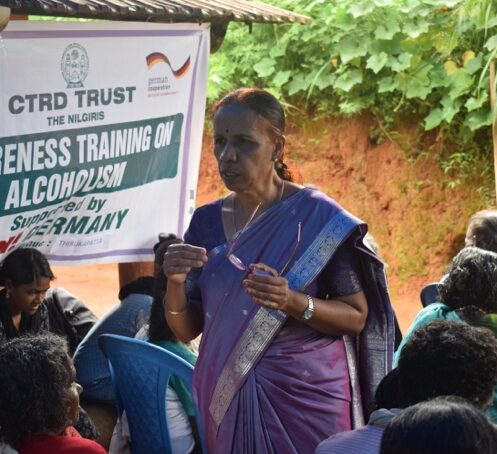
Alcohol Awareness Training
aims to educate the Adivasi people about the harmful effects of alcohol
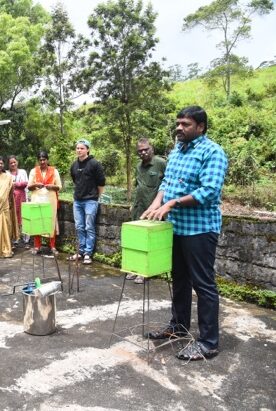
Income generation through Beekeeping and Banana fibre extraction
helps the tribal families to produce and sell their own honey, using beehives
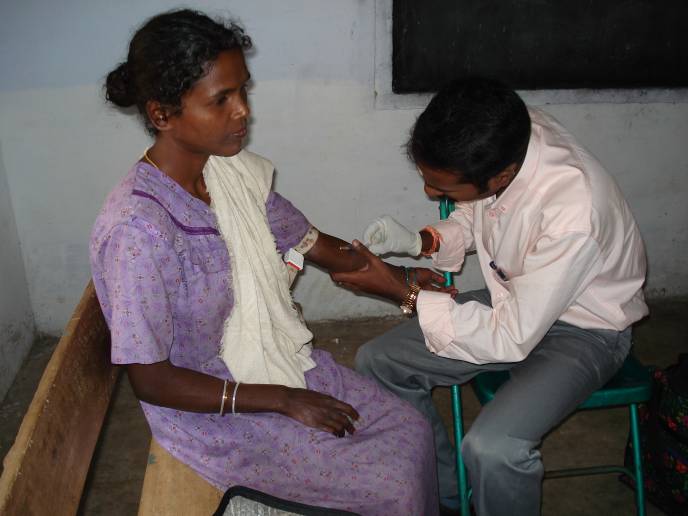
Sickle Cell Anemia Screening
educate the Adivasi people about the genetic disease
